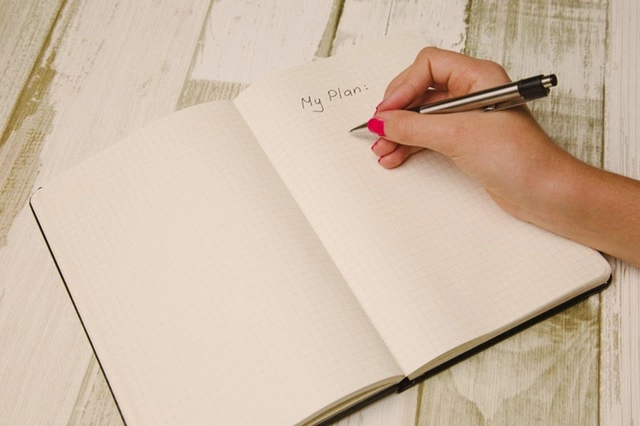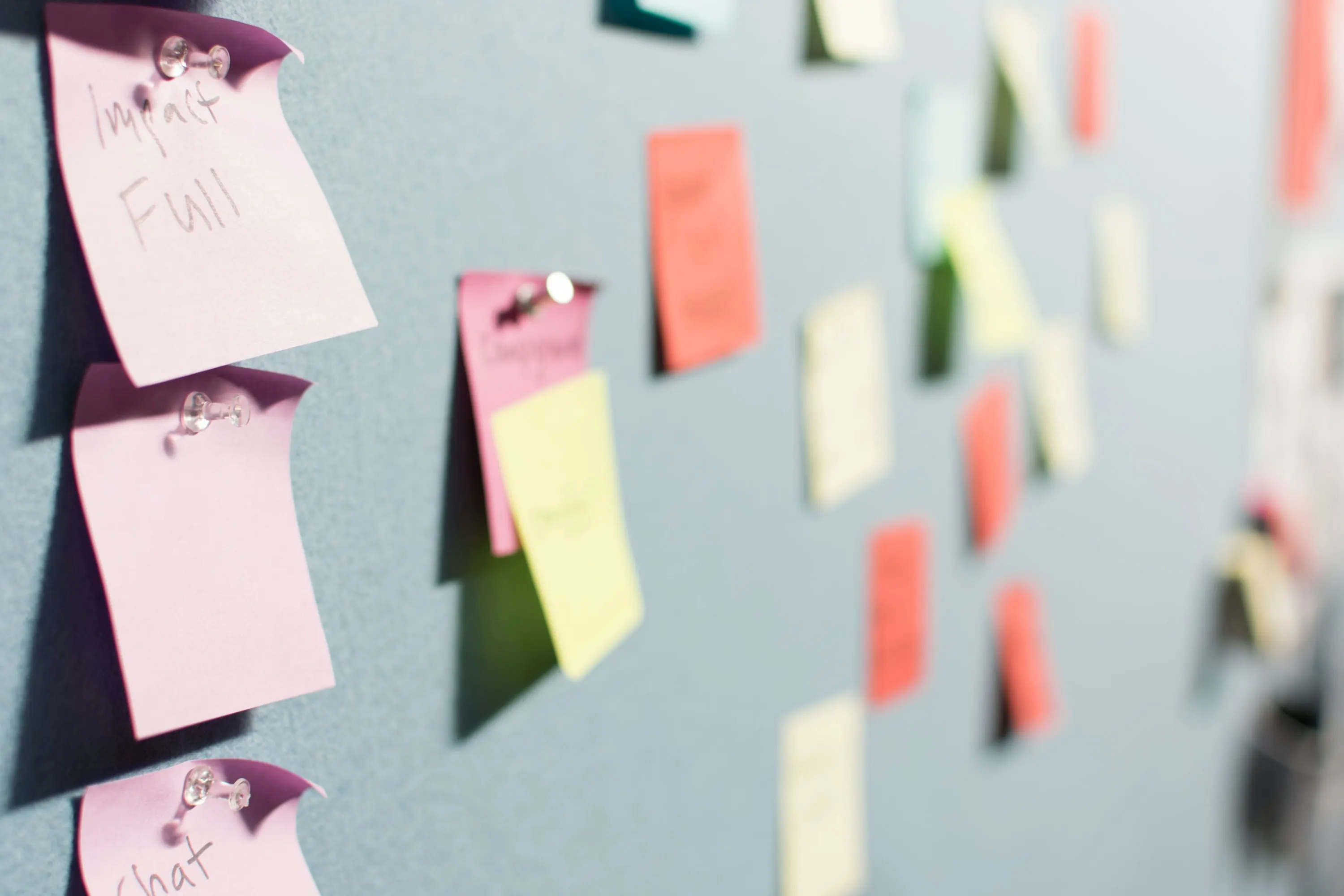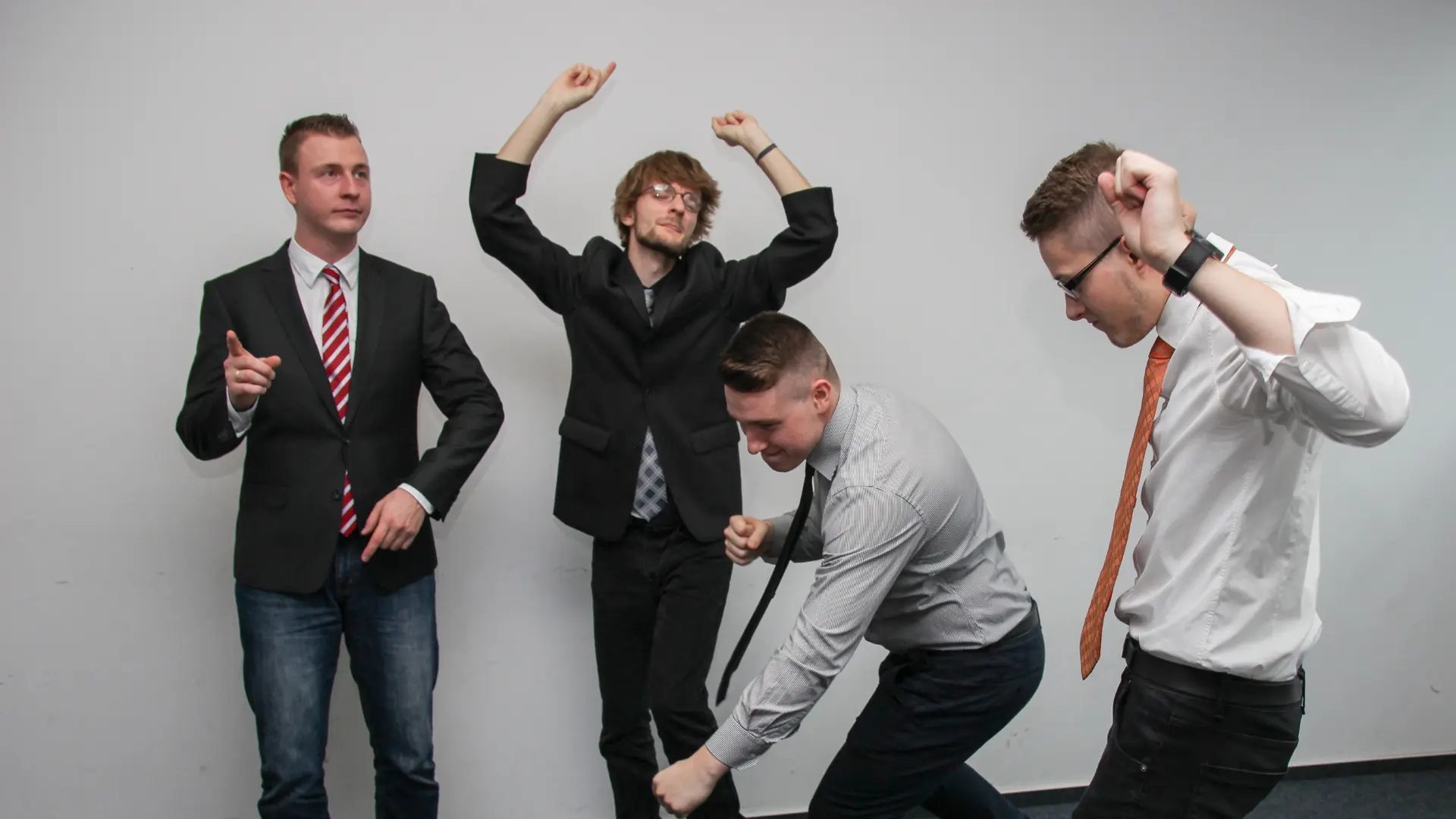How can you improve your time management?
If you’re running or managing events for your organisation or even as a once-off activity, then you know time can be a tricky thing to deal with.
There’s always so much to do. Even if you have a full team of planners, it can sometimes feel completely overwhelming.
But it doesn’t have to feel that way.
There are plenty of things you can do to make managing and planning your events easier, and it all comes down to perception: you often have more time than you think. You just need to think about it in the right away.
That might mean using some new tools, or changing some behaviors. But there are plenty of things you can do to make sure time doesn’t get the better of you when dealing with events.
We’ve put together 11 time management tips so you can get a better handle on your planning.
#1. Get everything out of your head

One of the key problems many people have is they try to fit every task in their head, so they’re constantly forgetting tasks or remembering them at the last minute when they have other things to do.
Instead, you should take a tip from “Getting Things Done” by Steve Allen. Ask yourself a question: can the task you’re thinking of be done in just a few minutes? Then do it immediately.
>Will it take longer? Then write it down. Use a notebook or a calendar, (whatever system works for you), and then make sure the task is put into a system that you trust. That way you can get on with your other tasks without being distracted.
#2. Schedule, don’t create a list
A to-do list is great, but it doesn’t necessarily help you actually complete tasks. In fact, many people who use to-do lists find that many tasks end up getting pushed back several days – it’s because they don’t schedule them.
Actually specify the times in which you’re going to get things done. Do you need to write invitations or some marketing material? Then specifically schedule out a block of time in your day to get it done, and set a deadline. That way you’re more likely to achieve the task then without a concrete plan.
#3. Do one thing at a time
We’re used to jumping around from task to task thanks to smartphones and other technology. But actually accomplishing a task doesn’t work like that – you need to have focus.
Cal Newport, the author of “Deep Work”, says being able to do this is like a “super power” in the 21st century economy. If you can actually focus on getting a single task done without being distracted, you’d be surprised at how much you can do. Don’t listen to music, don’t take calls, and don’t check your email – just focus on a task and get it done.
#4. Use task management apps like Trello

Putting your tasks down on paper is good, but there are digital tools that will serve you well. Apps like Trello or Jira allow you to write out each task in separate “cards”, and then move them depending on how close that task is to completion – for instance, is the task being briefed out, or has it been outsourced?
Using apps like these allow you to get an overview of where everything is at in your planning in just a glance, meaning you don’t have to rely on remembering every tiny detail without a reference point.
#5. Delegate
It’s understandable that you want to do everything yourself or have oversight, but delegation is a key tool in your arsenal. It’s amazing how much you can get done through outsourcing – and it doesn’t mean you need to give away all control. Think of the smallest tasks you need to have done, and then outsource those to allow you to focus on the more important matters.
#6. Get some sleep
You aren’t going to be at your most productive if you’re not rested. Make sure your sleep patterns are undisturbed. That means you need to go to bed and wake up at the same times each day, and be sure to keep your phone in a different room – looking at the light from your screen makes it harder for your brain to switch off. Instead, use a normal alarm clock and keep it in a place where you have to get up to turn it off.
#7. Turn off notifications
Notifications can be great, but they’re a distraction. They turn you away from a task only to have you focus on something else entirely. Turn them off, and then schedule in specific times during which you’ll check email or other apps. If there really is an emergency, someone will get in touch with you.
#8. Track what you’ve done and be self-aware
It’s amazing how inaccurate we can be when judging how long a task will take us. Be realistic about how long you take to do certain things by actually recording yourself. Then, when you’re scheduling out time, you’ll be much more aware of what your schedule should look like – this means you’ll more likely avoid situations in which you’ll be rushed and finish things in a panic.
Also remember to be self-aware. Think about when you’re most likely to have more energy, and then schedule your most difficult tasks during that time. For instance, are you a morning person? Then put your difficult tasks before 9am or 10am. Do you like working in the evening? Then adjust your schedule accordingly.
Think about your own habits and adjust as much as you can around those.
#9. Automate as much as you can
We live in the 21st century – why not work like it?
There are plenty of online and smartphone tools you can use to automate tasks, such as “If This Then That” and “Workflow”. These plug in to different apps and automate all sorts of things. For instance, every time you take a picture one copy can be saved to your Dropbox, or you can send automated emails if necessary. There are hundreds of combinations, and even a few can save you hours of time.
#10. Take time to organise your work
Sitting on the train or waiting for food to arrive? Put that spare time to good use and start organising your work. Clean up your email inbox, rearrange the apps on your phone and memorise where everything is located. Small efforts to organise here and there will lead to a big difference in how much time you'll save in the future.
#11. Don’t take on everything
Many event organisers feel the need to take on every single small detail, or add on as many features as possible to an event. But remember, you can’t do everything – and you’re more likely to get caught doing too much if you try.
Instead, think carefully about the event you’re planning and remember to say “no” to details that don’t need to be included. This is a tried and tested business principle – one of the first things Steve Jobs did when rejoining Apple was to cut the company’s product line, saying the business needs to get back to “focus and simplicity”.
Have a simple plan, and execute it well. It can make a huge difference to your event.
Events made easy
The TryBooking Team

What to look for when searching for your perfect event venue
Apr 28, 2017 · 2 min read


















